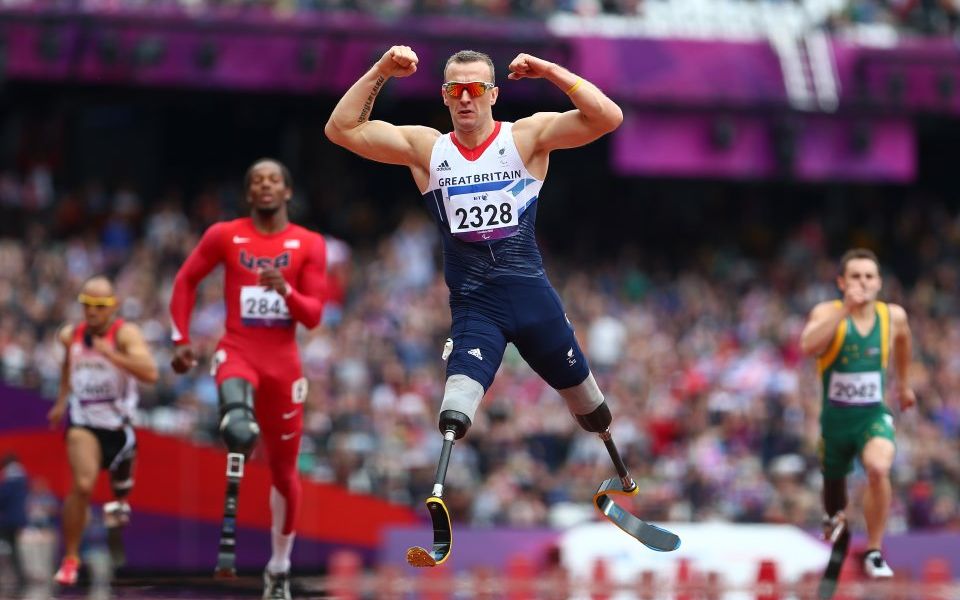Time to set the record straight: Transfer the acceptance around Paralympians to the workplace

I’ve been lucky to have had my dream job as a professional athlete for 20 years.
Not only have I always loved swimming, but my role gave me freedom, and allowed me to be my own boss.
This meant a vast degree of control over when, how often, and where I worked. As I progressed throughout my career, I became increasingly aware of the privilege this flexibility and control provided me.
For most disabled people, the vast majority of whom aren’t Paralympians, this simply isn’t the case.
The Paralympic movement has been a brilliant vehicle in highlighting that individuals with disabilities can excel in their chosen discipline – and set records along the way.
It has educated people, and provided much-needed acceptance and understanding. The flip-side, however, is the misguided belief that all people living with disabilities aspire to become Paralympians. Being an athlete seems to be the only job that society can visualise a disabled person taking up.
When you consider the reverse of this, its ludicrousness stands out – is everyone without a disability an Olympian in waiting?
The same level of acceptance which now surrounds Paralympians needs to be transferred to the workplace – an area where the UK is woefully behind in both disability employment and general attitudes towards impairment.
While the vast majority of people living with disabilities have ambitions to work, the disability employment gap in the UK stands at over 30 per cent.
This hasn’t shifted in more than a decade. Hiring someone with a disability is viewed as “complicated”. Employers shy away from the unknown, while prejudices about what disabled people can and can’t do pervade society at all levels.
But when given the opportunity, a disabled employee’s resourcefulness and skills of adaptation come to the fore, making them more than capable of excelling in their chosen field.
Most people wouldn’t say a Paralympian is less of an athlete than an Olympian, so why does this distinction exist in the workplace?
In order to challenge the preconceptions, we need to start giving disabled people opportunities.
That doesn’t mean an employer hiring out of pity. Instead, it should mean looking beyond any impairment, and focusing on finding the best person to fill the role.
The decision to hire someone should be based purely on whether their skill set matches the position.
If someone with a disability is applying for a role, trust them if they say they’re able to fulfil it.
Authentic inclusivity is not about caring how someone does something, but that it gets done, and to the highest level. For example, if you’re interviewing a blind candidate who’s arrived at your office on time for the interview, there’s no need to question their ability to make the daily commute.
People living with disabilities are masters of adaptation and planning ahead. We’ve been doing it since day one.
More open and transparent communication is also key. It is silence that breeds false assumptions. Ask what’s needed, because the candidate with a disability will probably already know.
We know our own capabilities and which mechanisms should be put in place to provide additional support. Through talking, misconceptions will be replaced by a more open-minded outlook.
The employment gap stands at 30 per cent and our economy is losing out as a result. There’s a vast talent pool of ingenious, resourceful people out there who are ready to enrich companies and take them to the next level.
So let’s break down the disability employment binary. We’re not invisible – we’re here and we’re ready to work.